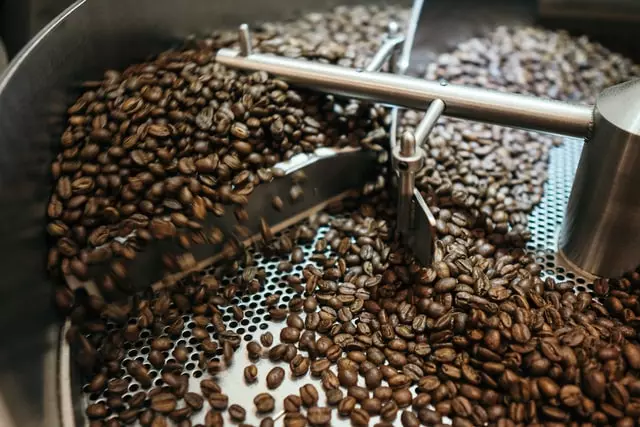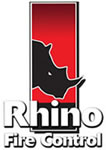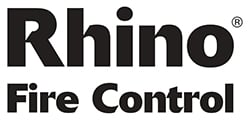
A Guide To Fire Safety In The Food Manufacturing Industry
The causes of fires in food manufacturing plants are varied. Hot oils, faulty equipment, and flammable materials are recognised fire risks, but even combustible food dust can be a fire hazard if not carefully monitored and controlled.
Because there is an elevated risk of fire in food manufacturing facilities, it’s vital to observe strict safety standards. Effective fire protection relies on high-quality, professional service and maintenance of equipment, so working with Rhino Fire Control can significantly reduce the chances of a blaze occurring on your premises.
How To Reduce The Risk Of Fire In Food Manufacturing
1. Control Food Dust
Dust particles from cereals, flour, corn starch, sugar, or spices, are often so small that they are invisible to the naked eye yet pose a serious risk of a dust explosion if they come into contact with an ignition source. To mitigate the risk of a dust explosion:
- Remove dust by vacuuming, especially in high-risk areas of the premises.
- Ensure your dust extraction system complies with ATEX (Atmospheric Explodable) and DSEAR (Dangerous Substances and Explosive Atmospheres) regulations and is constructed from non-combustible materials.
- Thoroughly clean the dust extraction system periodically to reduce the risk of an explosion within the ducting.
- Maintain a clear record of service, maintenance, and cleaning of the dust extraction system.
2. Test Fire Alarms Weekly
Fire alarms are the first line of defence when a fire breaks out. Under BS 5839-1:2017 (Fire detecting and fire alarm systems for buildings), fire alarms on commercial premises must be tested by a competent person every week.
Testing fire alarms can be a time-consuming task, but failing to do so could jeopardise the safety of your staff and lead to prosecution in the worst case scenario. At Rhino Fire Control, we can carry out regular fire alarm testing on your behalf, and ensure you have the correct legal documentation.
3. Ensure All Equipment Is Regularly Serviced
Electrical equipment is used extensively in food production and always poses a theoretical risk of fire if a defect occurs. All machinery should be regularly checked, both visually and through Portable Appliance Testing (PAT), to ensure that any minor problems are identified and resolved. Left untouched, simple issues can quickly evolve into major hazards that could cause a fire, with untold consequences.
Contact Us For All Your Fire Alarm Maintenance Needs
Rhino Fire Control are a leading fire alarm system maintenance company who can assist with all aspects of fire protection in food manufacturing plants.
To enquire about any aspect of fire safety on your premises, please contact our fire safety consultants today.
Image source: Unsplash


